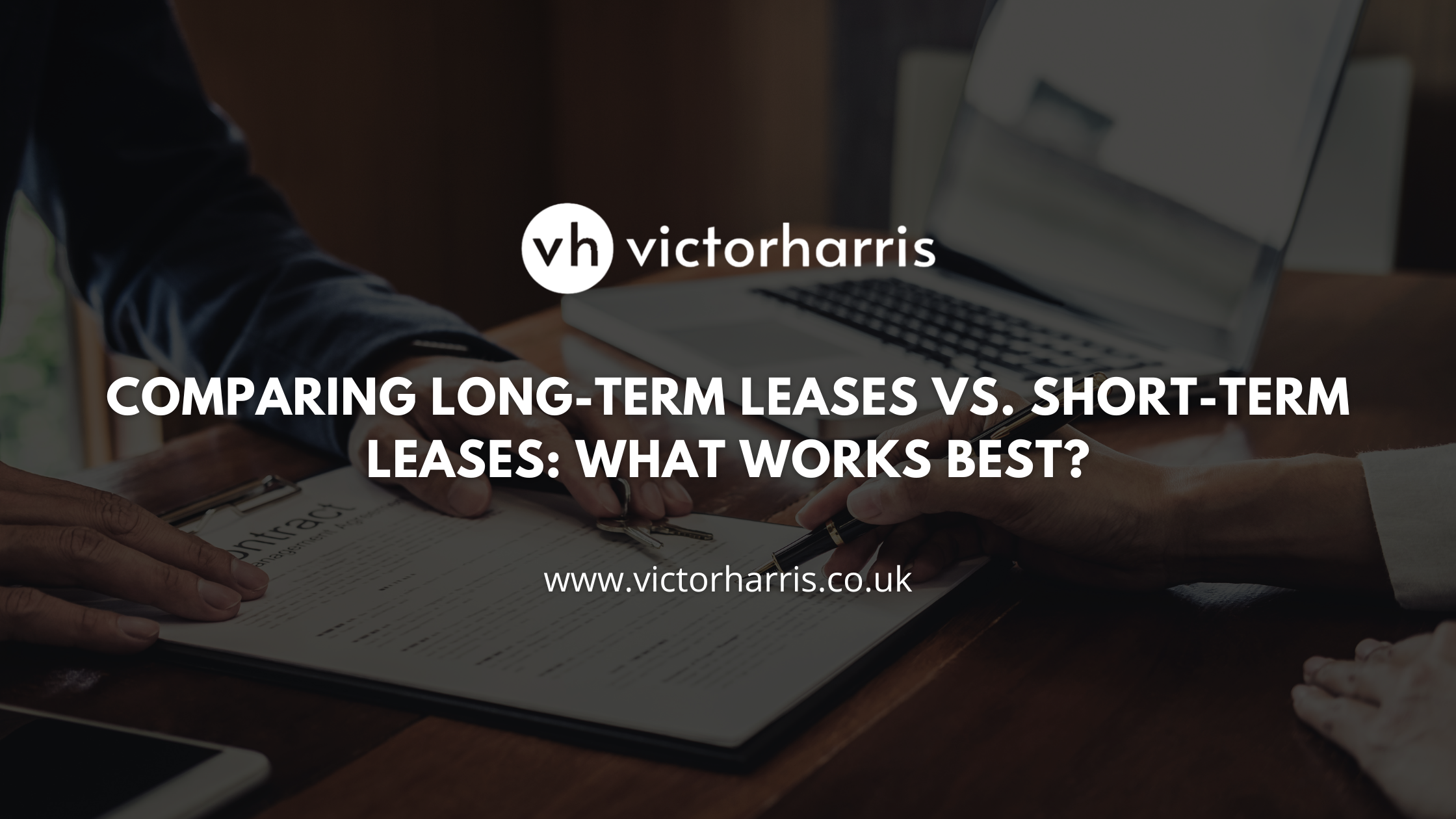Top 5 Tech Features Modern Offices Must Have
As we head into 2025, commercial landlords in the UK face a rapidly evolving landscape shaped by regulatory reforms, changing tenant expectations, and macroeconomic pressures. Understanding and adapting to these shifts is essential for landlords to protect their investments, negotiate effective leases, and maintain strong relationships with tenants. Post Views: 8,964


 Back to News
Back to News












